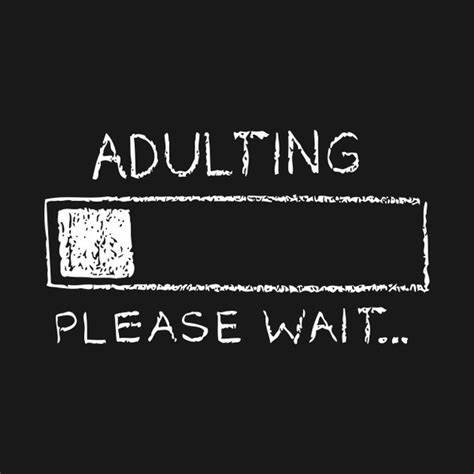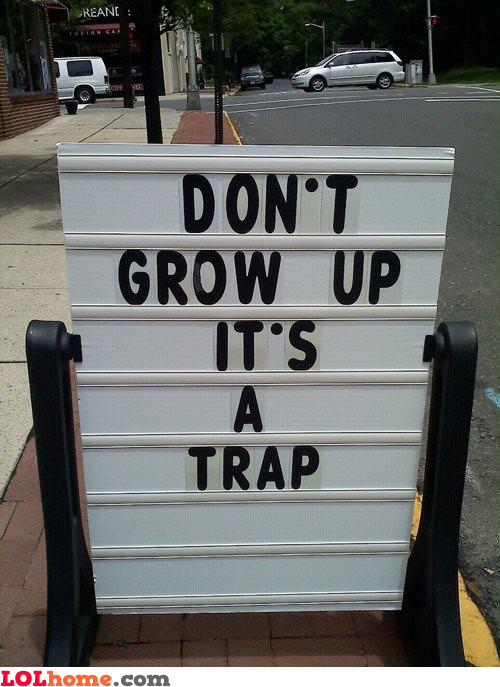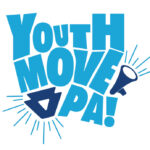Emerging Independence
“We are always told that anyone over the age of eighteen should know what they are doing.
The fact is, they don’t.”
– Rae Earl
British Writer and Broadcaster
Okay, confession time.
I was a mess as a teenager, and I continued that trend well into my mid-late twenties. Just ask my parents. I journeyed from an artistic punk teenager to a university failure and community college attendee who graduated almost by accident, to a writerly minded power-pop frontman gas station attendant. I was clueless, though also a positive focused person who cared deeply about the pain of others and support of my friends. Things started to click as I got my “real job” managing a fleet of trucks, began studying to be a Christian Counselor and met the love of my life.
At the time, I gave most credit to God, and continue to do so. But I also know now that there was something wrong with my brain.
The punchline here? Despite my faulty and clueless twenty-something brain, over the past four months I am again honored to be in a position to support, guide and journey with my favorite population—Transitional Age Youth who are overcoming mental health concerns (age 15-30 for this role). Guess what? There’s something wrong with their brains, too, and I’m not talking about mental health. Actually, I’m joking. There’s nothing “wrong” with either of our brains—I would never say that about the young people I work with. But something has changed in our culture, and this has impacted teenage development and made becoming “a grown up” much more difficult and longer than in prior generations.
The U.S. Department of Health and Human Services, Office of Adolescent Health has deemed the current transition to adulthood a “radically altered” and “complicated journey filled with uncertainty, shifting social and cultural expectations, growing social inequalities, and difficult economic choices and constraints” (2018). This transition does not simply happen when one turns 18 years old and legally becomes “an adult” instead adulthood emerges over a period of time between 18 and 25 years. This “…emerging adulthood, is neither adolescence nor young adulthood but is theoretically and empirically distinct from them both. Emerging adulthood is distinguished by relative independence from social roles and from normative expectations (Bredehoft, 2021).
This is a concern of mine as a counselor of teens and young adults as well as a father. I often empathize with parents who are greatly frustrated by how their child—now adult in their eyes—is not pursuing a career or sometimes adrift at college and is instead hanging out with friends, sleeping too late and making questionable life choices.
Interestingly enough, that’s exactly what they should be doing, according to current developmental science! Researchers describe the lives of typical emerging adults as “often in flux as they explore life and love while trying to find meaningful work and a sense of purpose.” This flux has power. Current data shows that in emerging adulthood a “frontolimbic fine tuning” occurs in which “adult functions are promoted through the strengthening of prefrontal regulation of limbic function and newly emerging balance…in modulating approach and avoidance” (Bredehoft, 2021).
Each life choice, success or failure, serves to shape the emerging adult into the independent full adult to come. Each dalliance with a new interest or attempt at a new skill is part of the winnowing process that builds a healthy human adult.
The responsibility is with we parents and guides to shift our thinking and our perception of this phase of life from seeing it as wayward, selfish or dare-I-say lost, to one of exploration, self-awareness and near limitless potential.
Tomorrow, as we celebrate the journey this country took to become independent, let’s also look to the young adults around us and celebrate their journey as well. They’re not left behind, they’re right where they should be, moving at the correct pace to win a race that was made longer while we were busy adulting.
Bredehoft, D. (2021) The Big Challenge: Jumping From Adolescence Into Adulthood. Psychology Today. Retrieved from: https://www.psychologytoday.com/us/blog/the-age-overindulgence/202104/the-big-challenge-jumping-adolescence-adulthood
Youth.gov (2018) The Changing Transition to Adulthood: A TAG Talk Retrieved From: https://youth.gov/feature-article/changing-transition-adulthood-tag-talk



 Previous Post
Previous Post Next Post
Next Post